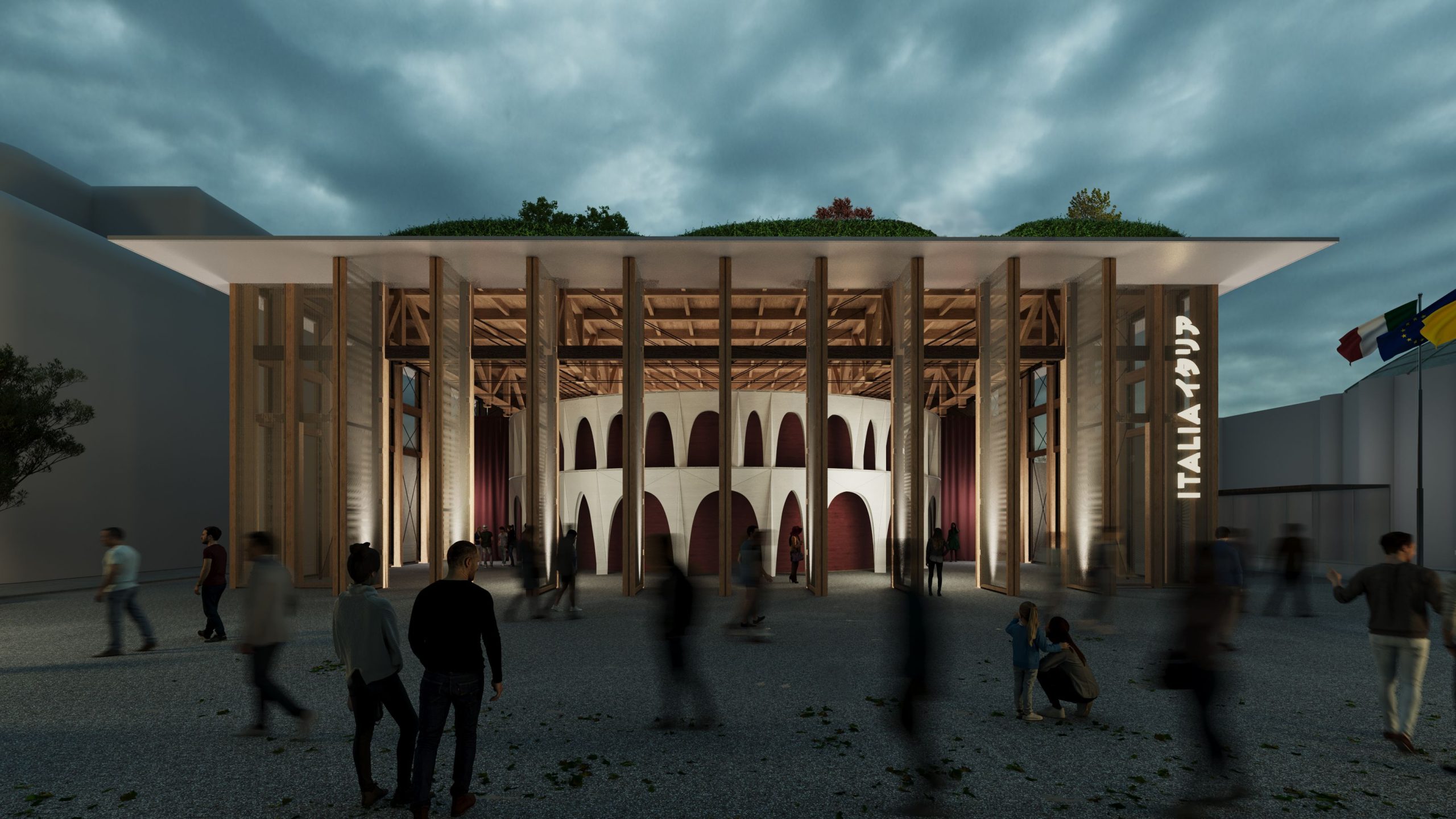Two days of meetings, debates, and international dialogue among academia, institutions, and businesses to redesign the university districts of the future.
The MUSA project – Multilayered Urban Sustainability Action – an innovation ecosystem funded by Italy’s National Recovery and Resilience Plan (PNRR) and led by Milan’s top universities, will take center stage at the Italy Pavilion during Expo 2025 Osaka. A packed schedule of events is planned for May 30–31, 2025.
At a time when over 70% of the global population is expected to live in urban environments by 2050, reimagining cities as engines of regeneration, innovation, and collective well-being is more important than ever. This is the aim of the initiative “UniverCity Futures: Designing and Transforming University Districts for Regeneration, Sustainability, and Urban Quality of Life”—a gathering of academics, institutional representatives, and business leaders to explore the strategic role of universities in shaping the cities of tomorrow.
Among the event’s key participants will be the leaders of Milan’s universities (Bicocca, Bocconi, Politecnico di Milano, and Statale), along with notable figures such as Italy’s Commissioner General for Expo Mario Vattani, CRUI President Giovanna Iannantuoni, and numerous Italian and Japanese experts.
MUSA’s contribution will revolve around four thematic panels:
-
Urban regeneration and sustainability
-
Health, well-being, and quality of life
-
Social and physical transformation of cities
-
Economic impact and sustainable finance
Alongside presentations on ongoing projects in Milan—a city twinned with Osaka since 1981—the event will feature insights from major companies such as ENI, Bridgestone, TIM, Ricoh, De Nora, and De’ Longhi, as well as academic partners from Japan including the University of Electro-Communications Tokyo, Tokyo Denki University, and Kyoto University.
The entire program offers an international showcase for the MUSA model, which aims to transform university districts into urban laboratories for innovation, inclusion, and sustainability by connecting research, technology, and participatory territorial design.
A dedicated section of the MUSA website will soon provide more information on this initiative.





